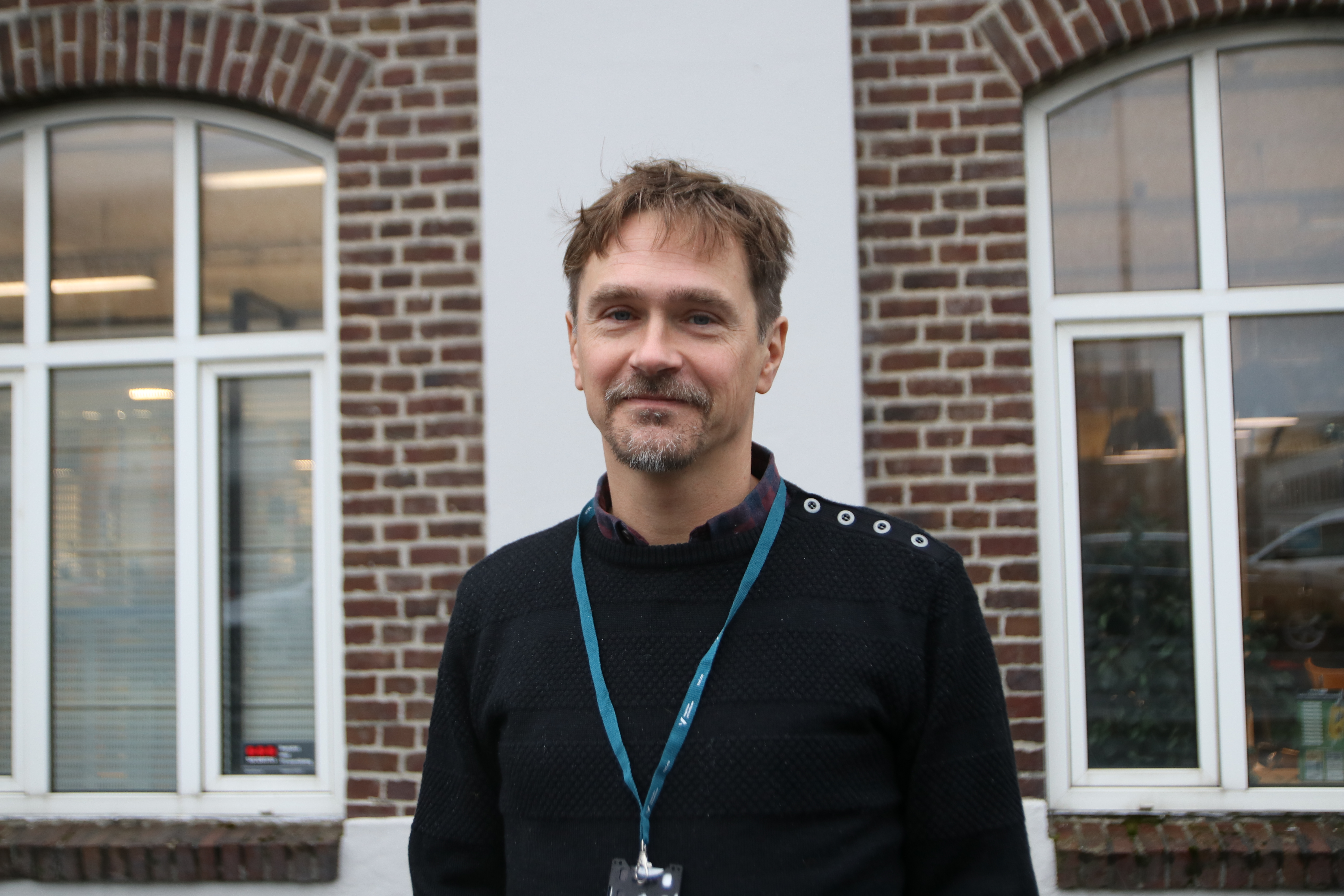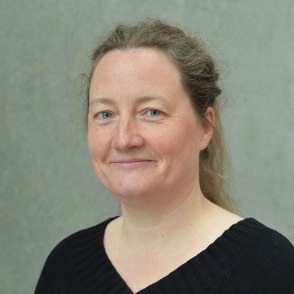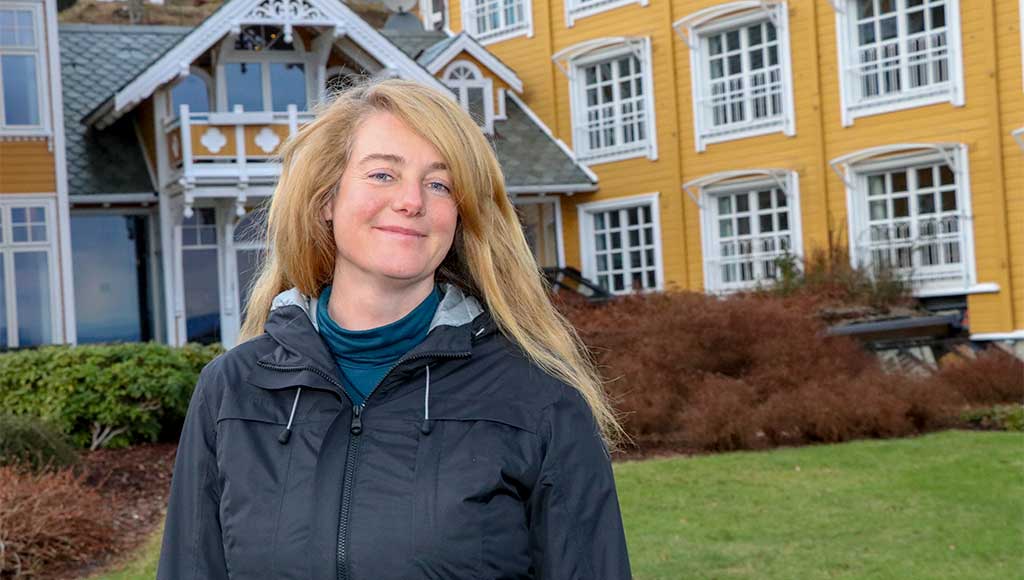Horizon 2020
HVL has been involved in three closed Horizon 2020 projects: CREATIONS, MOVE and COEMS and is currently participating in six ongoing Horizon 2020 projects, described below, in different areas such as the energy transition, education and responsible research and innovation.
HVL is aiming at further increasing its participation in collaborative research projects within Horizon Europe and we are always looking for new opportunities for cooperation.
Thanks to our strong links within the local and regional ecosystems in Western Norway and our capacity to engage with various stakeholders from the public and private sectors as well as the civil society, we want to contribute to new knowledge, innovative solutions and policy development to address the current and future societal challenges from a sustainable perspective.
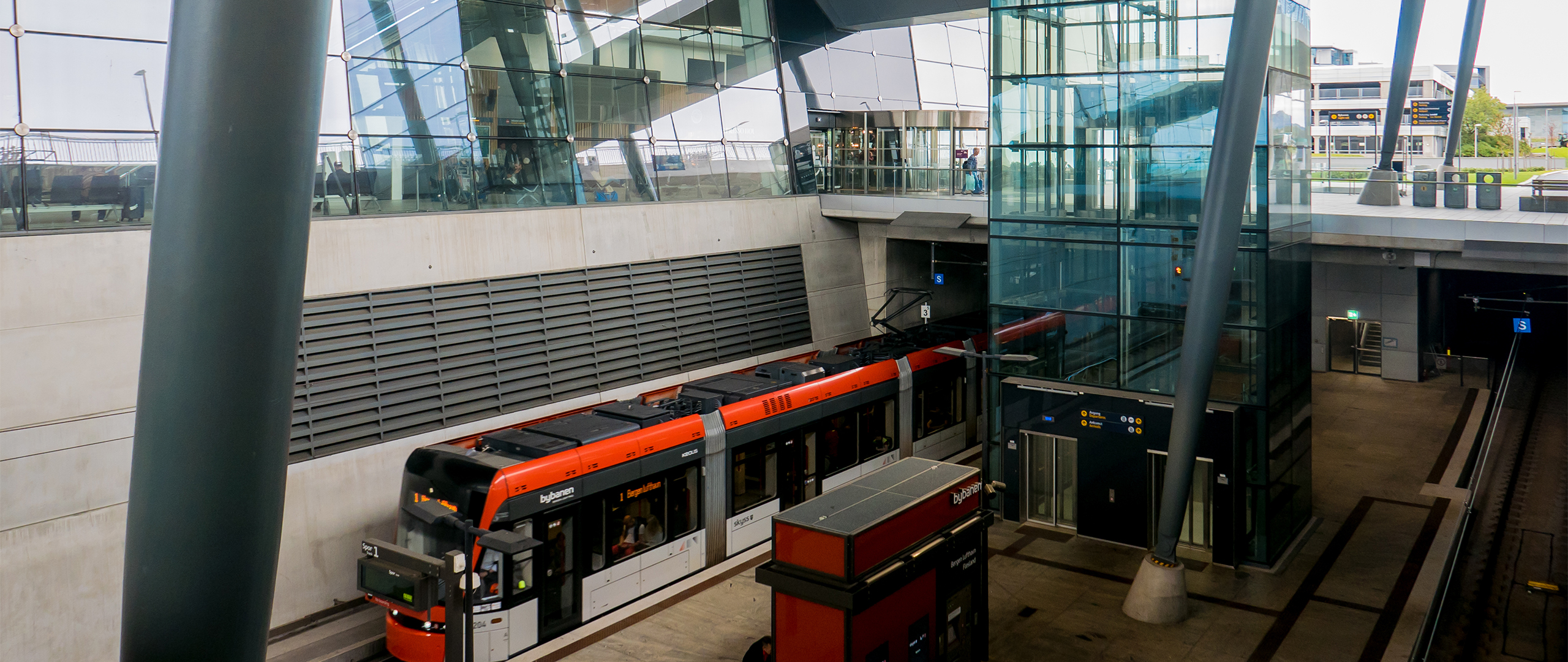

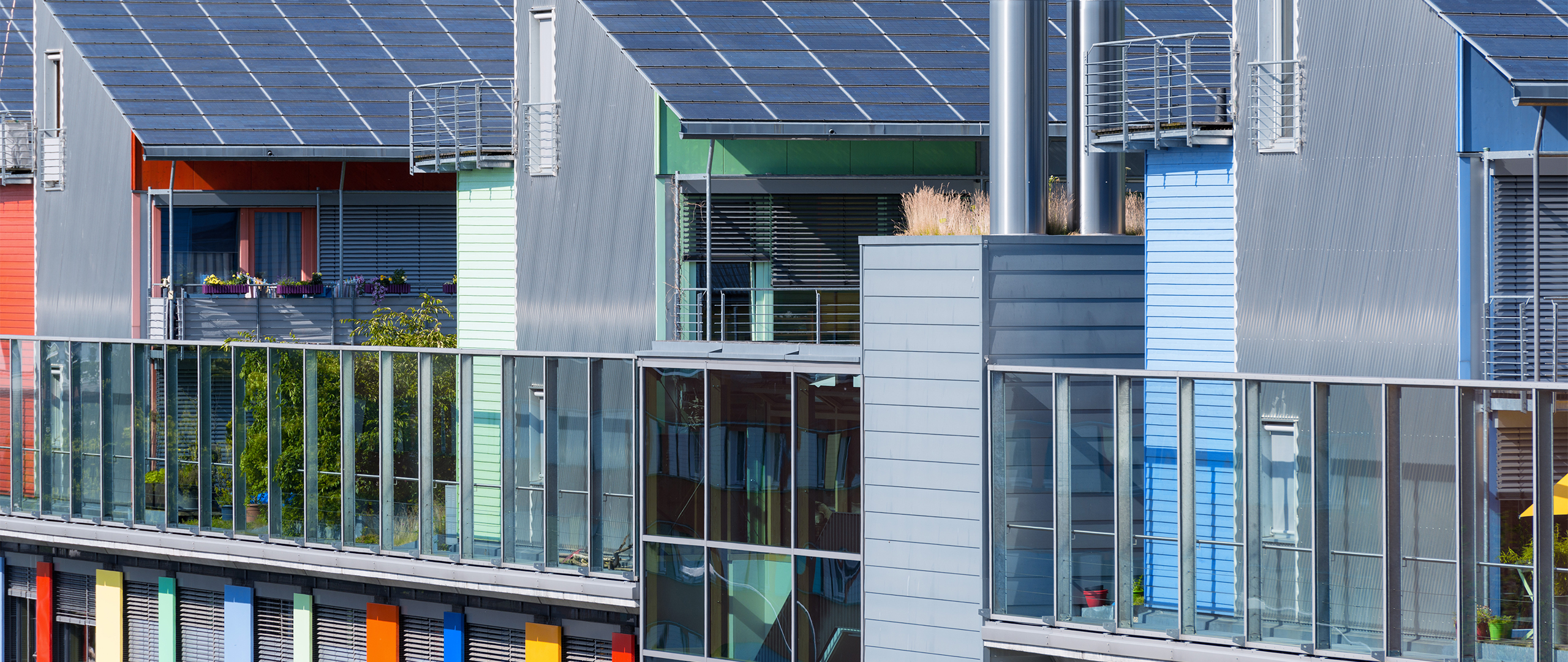



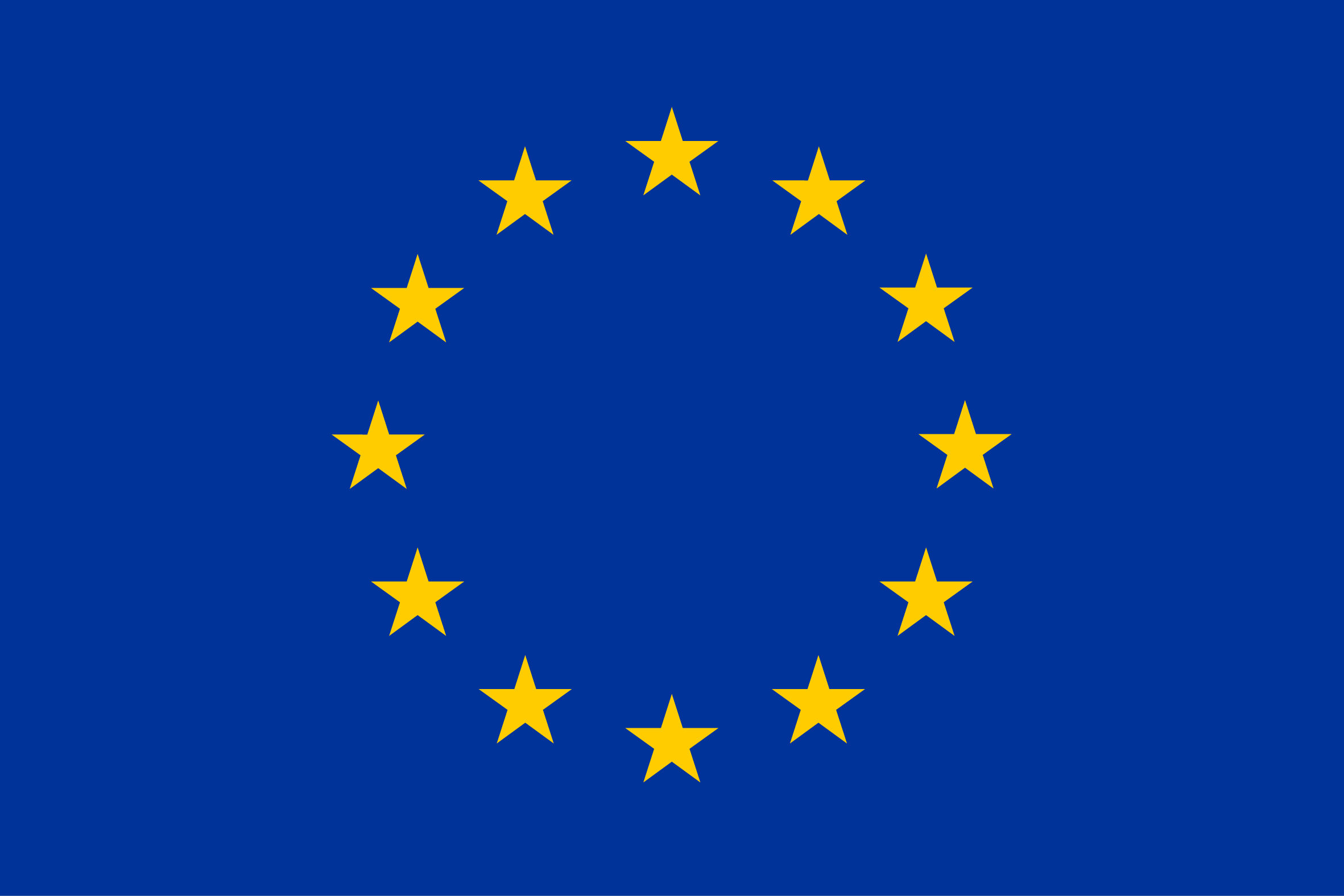
These projects have received funding from the European Union's Horizon 2020 research and innovation programme under grant agreements No 649263, 665917, 732016, 814425, 837722, 872526, 883823, 952851 and 101004392.

